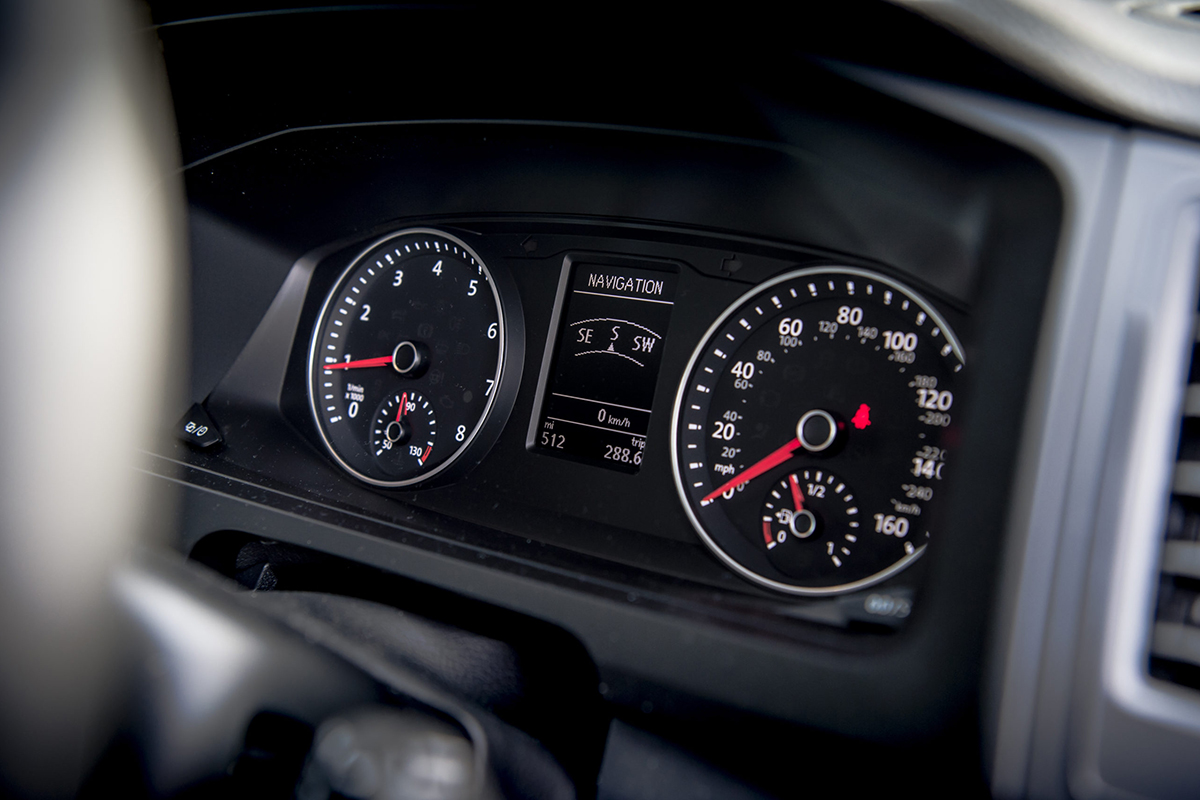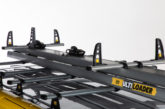
All newly launched van models in EU countries are now required by law to be fitted with speed-limiting technology and experts are saying it is “only a matter of time” before the UK follows suit.
The new EU rules came into effect in July and initially apply to all new models being launched, before being extended to all new vans and cars from July 2024.
All vans will get Intelligent Speed Assistance (ISA) technology that will use GPS data and cameras to identify the local speed limit. The ISA system cannot be removed or permanently deactivated, although the driver will be able to switch it off at the start of each journey.
Road accidents are a leading cause of death and injury in the UK, and speeding is a major contributory factor; 27% of fatal collisions in 2020 were caused by drivers either exceeding the speed limit or travelling too fast for road conditions.
The Department for Transport (DfT) says the new rules will not come into effect in Great Britain yet and no decision has been taken on which elements of the package will be implemented.
However, according to Dan Powell, Senior Editor at online van marketplace AutoVillage, it is likely that the technology will become widespread, regardless of whether ministers pass the legislation in the UK: “Many vans in the UK are built to EU spec and this means the technology will be fitted and enabled, regardless if it’s mandatory here or not.
“Some motorists will understandably be concerned about the introduction of this potentially intrusive new tech but it’s important to note that speed limiters are nothing new, they’ve been fitted to vans for over 30 years; however, ISA will bring this to a new level by taking proactive steps to prevent the driver from exceeding the speed limit.
What is Intelligent Speed Assistance?
Intelligent Speed Assistance (ISA) is a technology that can be retrofitted or built-in to your van to automatically adjust your speed according to the current speed limit.
ISA uses GPS data and camera recognition to identify the road you’re travelling on and will automatically adjust your speed within the limit. For instance, if you’re driving on the M1, the ISA will limit your speed to a maximum of 70mph.
There are four options van manufacturers can include in vehicles. Two of these systems provide short audible warnings or vibrations when the speed limit is exceeded, alerting the driver without distracting them. The other options directly intervene when the driver is going too fast, either gently pushing the accelerator back or automatically lowering the speed.
To ensure drivers remain safe, they can depress the pedal until the system stops working and increase speed, to overtake or escape danger.
The legislation
The legislation came into effect July 2022. It states that all new vehicles introduced to the market will need to be fitted with an ISA. The ISA will then become mandatory for all new cars and vans sold from July 2024 onwards.
Despite leaving the EU, the UK looks set to follow the European Commission’s lead and introduce the same law for our roads. This means that any new car or van bought from July 2024 onwards will be fitted with an ISA – there will be no option to remove or disable it.
The legislation does not apply to cars and vans already in circulation. However, some manufacturers already include ISA systems in their vehicles.
Potential benefits
Save lives: Every 1% increase in speed results in a 4% rise in fatal crashes. By automatically adjusting the speed to the current limit, drivers are less likely to accidentally exceed it and be involved in a collision.
Reduce traffic: With fewer accidents, ISA systems can prevent the standstill traffic that follows. This also applies to busy roads, where vehicles can automatically slow down before the congested area and keep traffic moving.
Reduce emissions: Driving quickly consumes more fuel and causes more emissions. Limiting the drivers’ speed means their vehicles don’t consume more fuel than necessary. In addition, less traffic will also reduce emissions, improving overall air quality.
Potential drawbacks
Safety: Drivers can only override the ISA system by depressing the accelerator beyond the system’s limits, which needs to be responsive enough for drivers to use in an emergency. However, the European Commission reassures drivers that it can be ‘smoothly overridden’.
Over-reliance on technology: Another potential issue is that ISA could lead to drivers becoming more reliant on the technology and less aware of their surroundings, which could cause issues if a driver uses a vehicle that doesn’t feature this tech.
Real-time updates: Speed sign recognition cameras are not infallible and can make mistakes if they misread a sign. A GPS signal can also be difficult to obtain in rural parts of the UK, which means some important steps will need to be taken to ensure the technology behind ISA is 100% reliable













